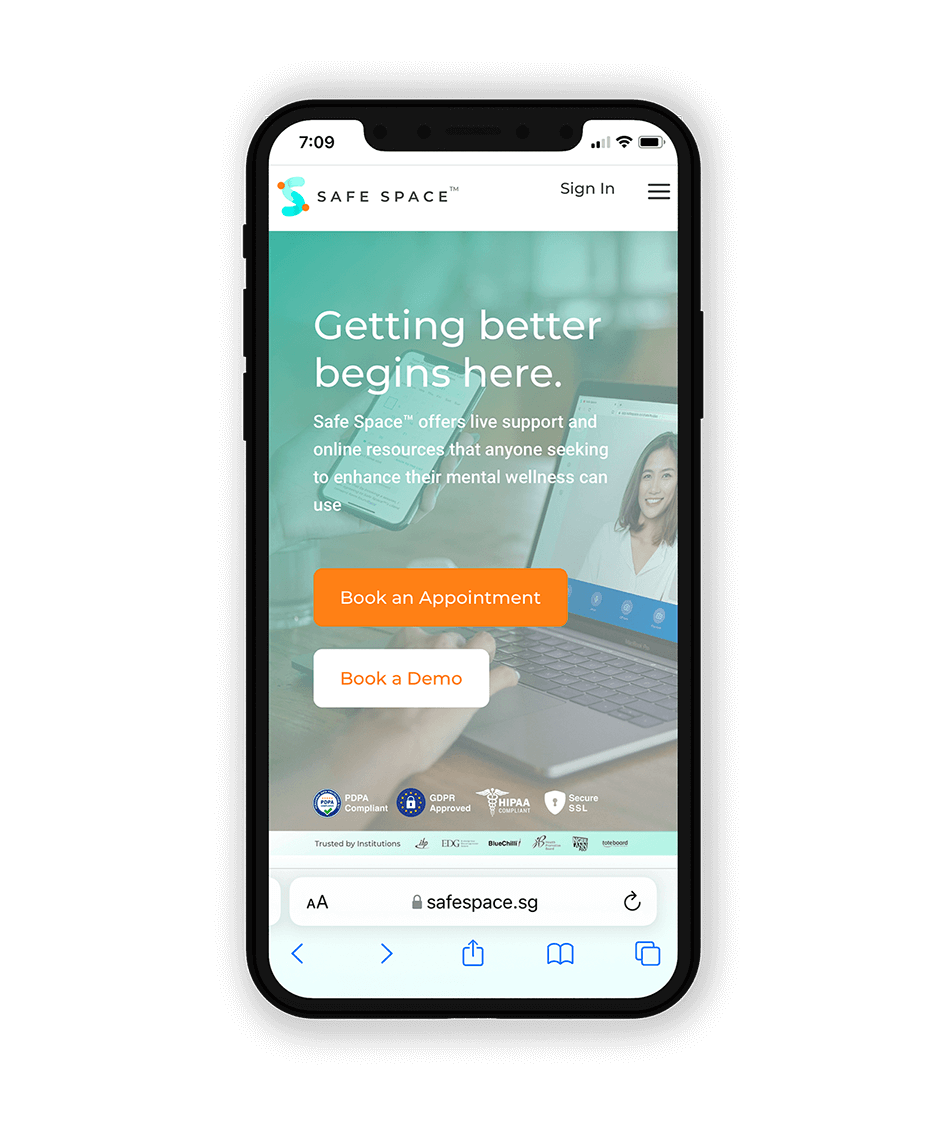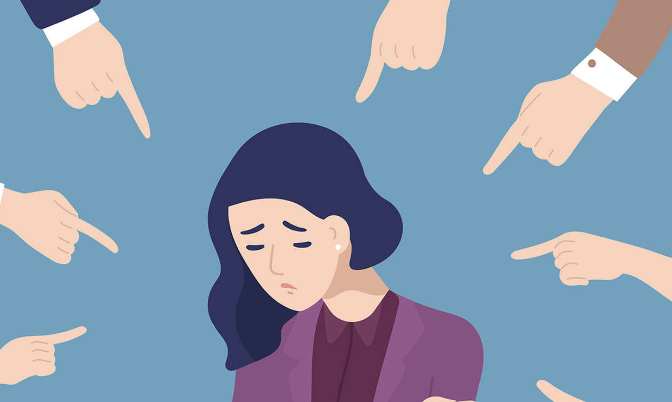It’s very common to feel nervous or unsure about what to talk about in your first counselling session. Remember that the first session is a chance for you and your therapist to get to know each other and to discuss what brought you to counselling.

If you’re unsure about what to talk about, you can start by sharing a bit about yourself and what has led you to seek counselling. Your therapist will likely ask you some questions to help guide the conversation and get a better understanding of your situation.
Here are some things you can talk about:
How are You Feeling Now
When we feel absolutely overwhelmed, it is almost impossible to pinpoint what we are feeling. Bringing our awareness to our feelings and discussing it gives you a perspective on what you are feeling and usually, your therapist will follow up with guiding questions to help you unpack underlying contributing factors and struggles. Also, be honest and open about any symptoms you’re experiencing, such as difficulty sleeping, changes in appetite, or losing focus at work or in school.
What Happened and What is Still Happening
A precipitating event refers to a specific event or trigger to the onset of the current problem. What this means is that – most of us would have struggled with something for an extended period of time until a recent trigger (like the last straw that breaks the camel’s back). You can also talk about the contributing events in your life leading up to the recent experiences at home, at work, or in school.
Any Important Relationships in Your Life
Humans are social creatures. Our emotions can be affected by the people around us. Hence, it is good to bring up any past or current experiences with people who caused or are still causing you distress. This could include romantic relationships, family relationships, work relationships, or friendships.
What do You Want to Change
There is a reason why you even considered trying out therapy, whether it is dissatisfaction, a fear, or an emotional pain you are struggling with. Discuss with your therapist what you would like to see or feel changed so that both you and your therapist can work together towards achieving that change you want in your life and relationships.
Remember that your therapist is there to help you and will guide the conversation based on your needs and concerns. It’s okay if you don’t know exactly what to talk about in your first session – the important thing is to be honest and open with your therapist so that they can help you work toward your goals.



